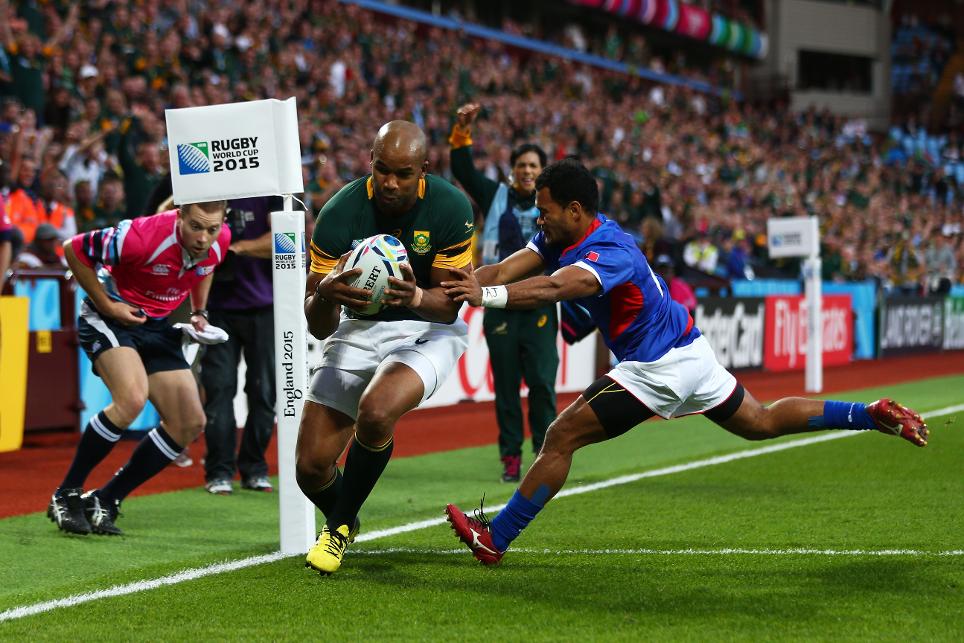Reduce the cost of absenteeism in your company
Would it surprise you to know that the average cost of employee absence from work result to an equivalent of 35% of your employee’s salaries? The net cost of absenteeism in terms of productivity is 19%, according to a study conducted by MERCER. Statistics South Africa estimates that the cost of absenteeism amounts to roughly 12 billion rand per year. In a market that is taking particular strain under the current economic conditions, high rates of absenteeism can cost your company financially as well as through lowered productivity, be it a small company, medium business or a large corporate organisation. While the cost of absenteeism and the corresponding loss of production can be quantified, the issue around how to manage leave and absenteeism within your company is less measureable. With the inevitable split between HR departments and systems and those of payroll, within many organisations, calculating the cost of leave management is an area which is particularly affected as a result.
Leave Management is typically an HR function. Systems need to be put in place so that employee’s absenteeism can be correctly accounted for, accurately managed and effectively monitored. Your human element in your company does not easily align itself to systems and procedures. Humans are more erratic and incidents will happen on a daily basis which will affect the running of your business as a result of absence from work and loss of productivity. HR are the eyes and ears of the business, looking for signs of habitual leave takers and leave abuse but the actual stats of the cost of this will come from your payroll Department or system. Companies with an interest in effectively managing the leave processes will be impressed to finally find a way to perform all of the functions required to manage staff leave, in one united and coherent system.
Click here for more interesting news and reviews


